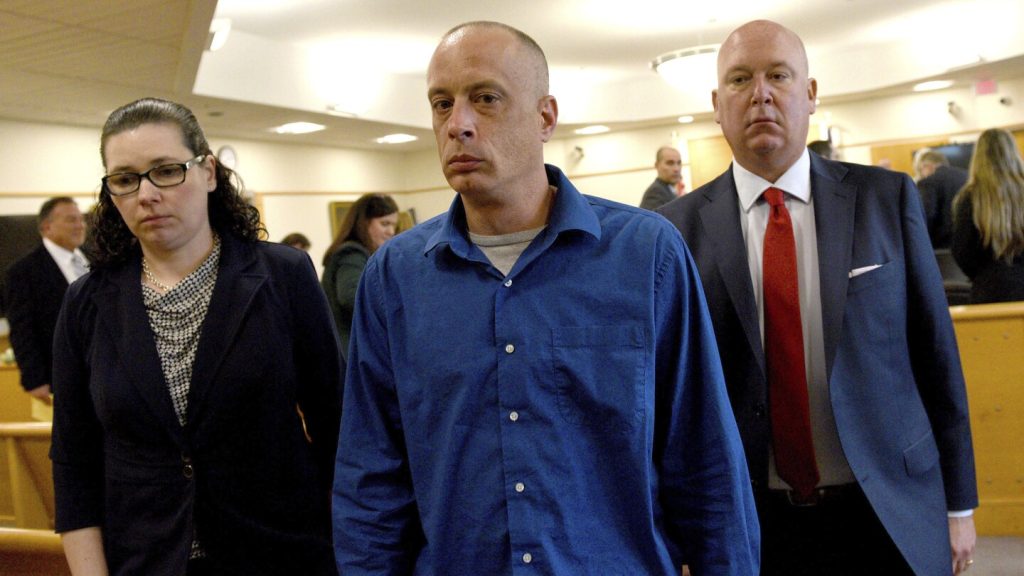On Friday, a New Hampshire man, David Meehan, was awarded $38 million in a lawsuit over abuse at the state’s youth detention center. The jury awarded $18 million in compensatory damages and $20 million in enhanced damages to Meehan, who alleged that negligence by the state allowed him to be repeatedly raped, beaten, and held in solitary confinement as a teenager. However, the state plans to reduce the award to $475,000 under a law that caps payments against the state at that amount per “incident.”
One of the jurors who awarded Meehan the $38 million stated that they believed there was only one incident/injury, despite Meehan alleging over 100 instances of abuse. The juror mentioned that they were not informed of the cap on payments per incident and believe that Meehan should receive the full amount awarded by the jury. Meehan’s attorneys have requested an emergency hearing on the matter, arguing that the jury misunderstood the verdict form and that corrective action is necessary.
The jury foreperson expressed regret and guilt over the verdict, stating that they were devastated and kept awake by their mistake. Meehan’s lawsuit is the first to go to trial out of more than 1,100 former residents of the Youth Development Center who have filed lawsuits alleging physical, sexual, and emotional abuse spanning six decades. The state argued that it was not liable for the conduct of rogue employees and that Meehan waited too long to sue, while portraying him as a violent child and a delusional adult.
Meehan’s attorneys have cited past cases in which judges questioned juries and directed them to reconsider their verdicts, arguing that the finding of only one proven “incident” is against the weight of the evidence and logically inconsistent with the damages awarded. They have brought in former state Supreme Court Justice Gary Hicks to help make their case. The state has not responded to the request for a hearing, and the attorney general’s office declined to comment beyond pointing to the cap on payments per incident.
The case has highlighted an unusual dynamic in which the attorney general’s office is both defending the state against civil lawsuits and prosecuting suspected perpetrators in criminal cases related to the abuse at the youth detention center. Meehan, now 42, first went to police in 2017 and sued the state three years later, leading to the arrests of 11 former state workers. The lawsuit brought attention to a culture of abuse at the center marked by brutality, corruption, and a code of silence, with Meehan’s attorneys arguing that the state encouraged such behavior.


